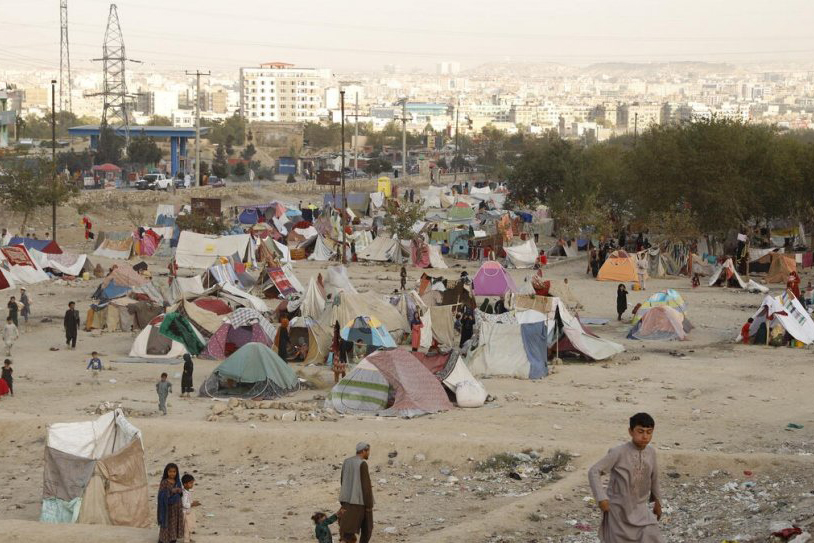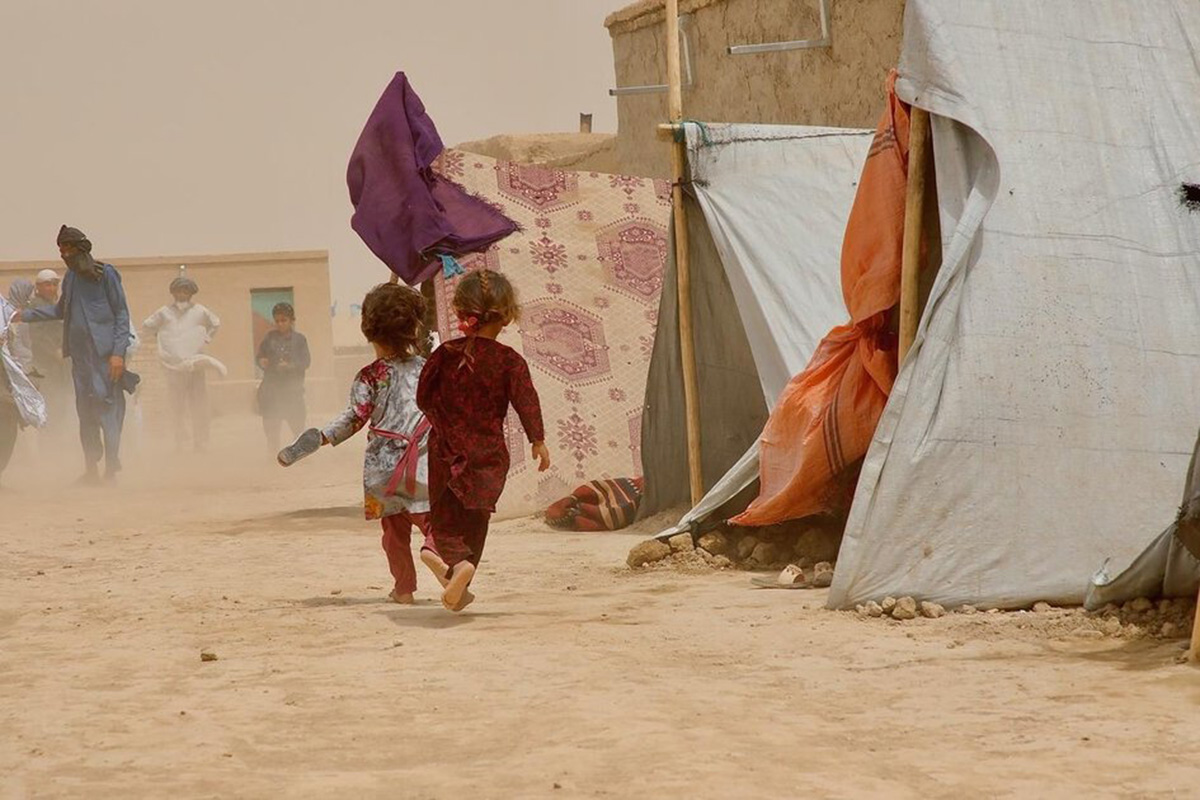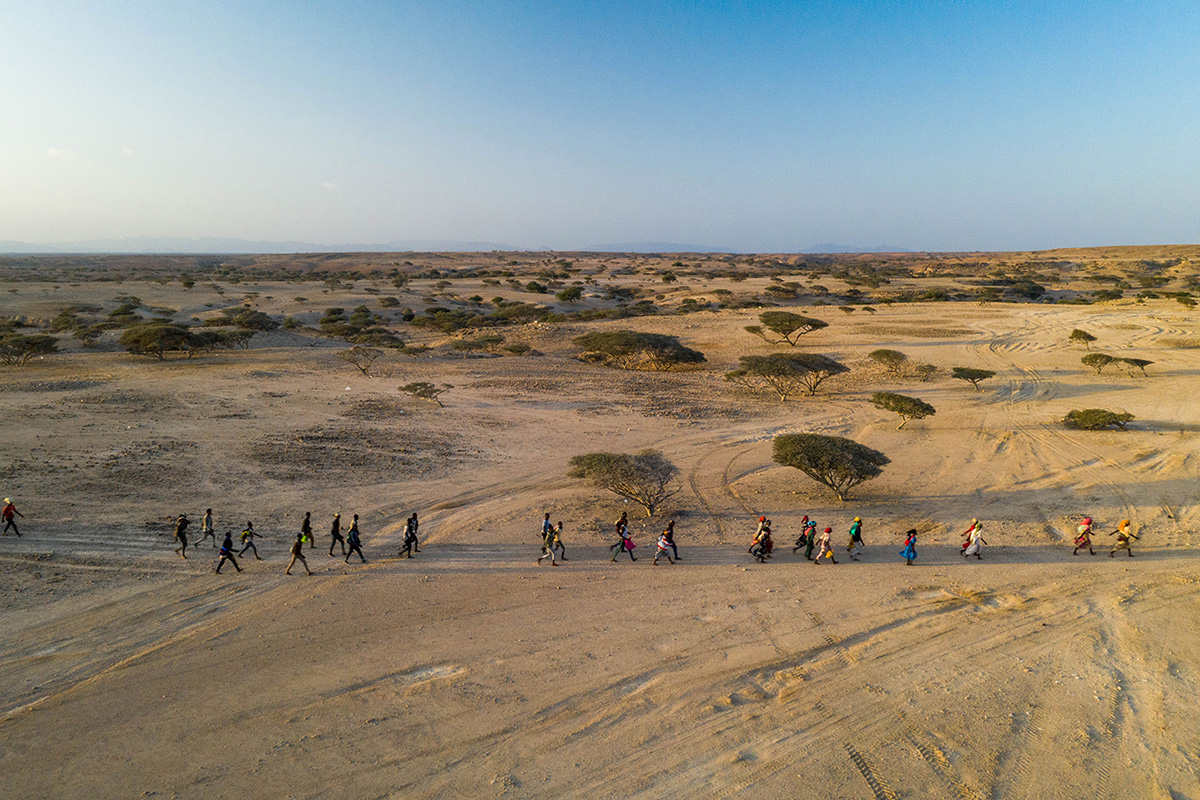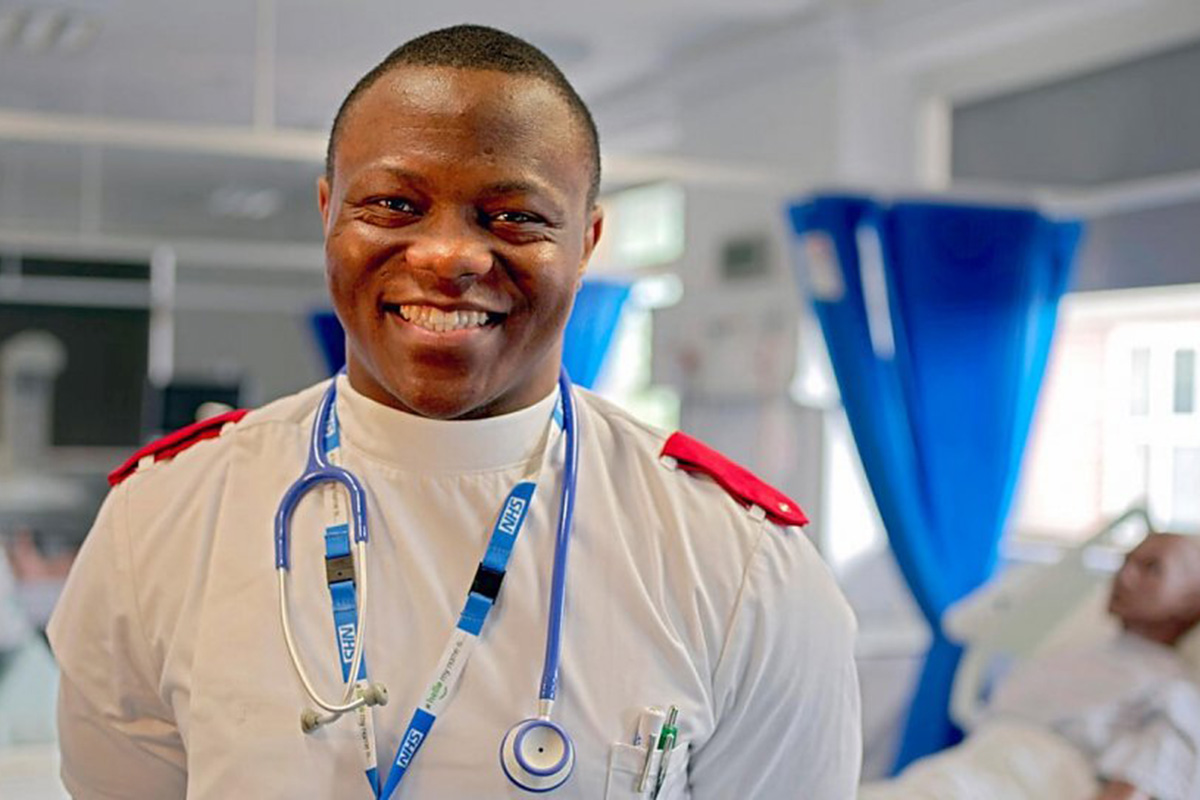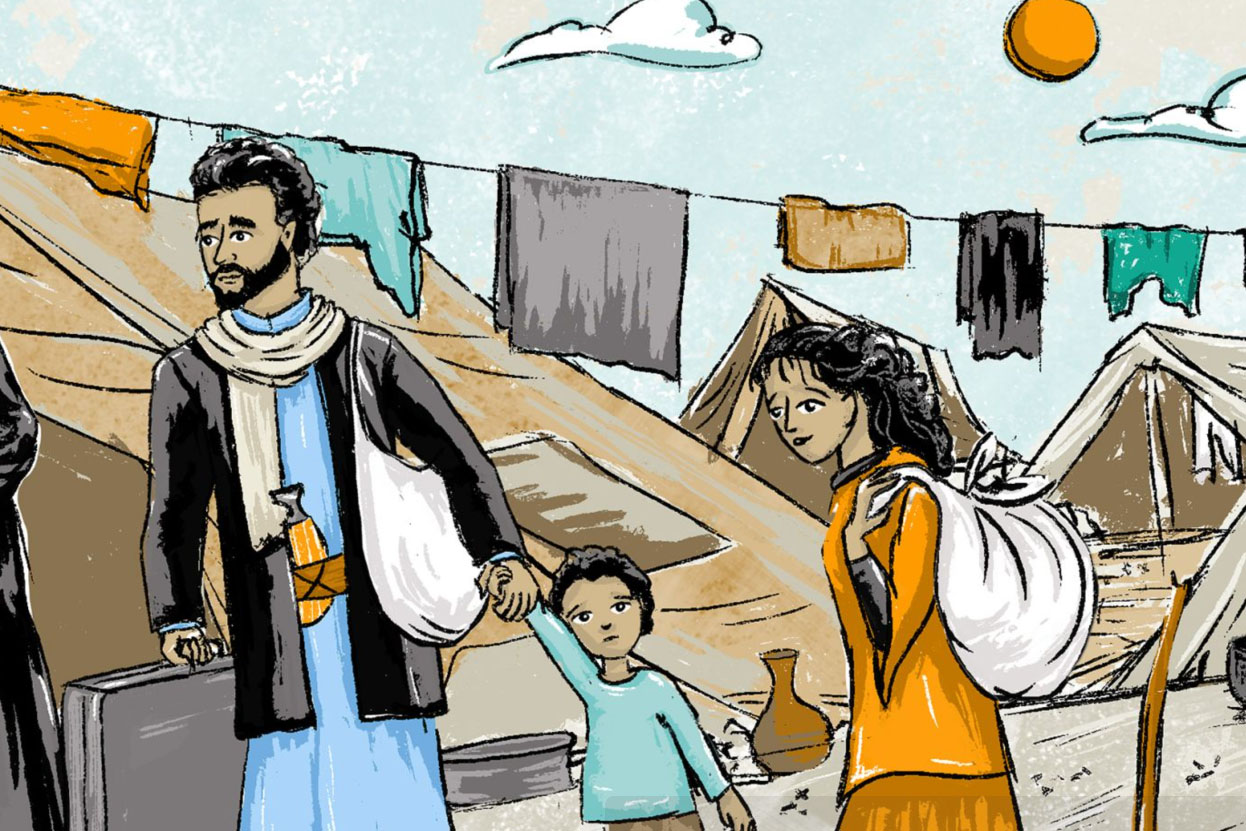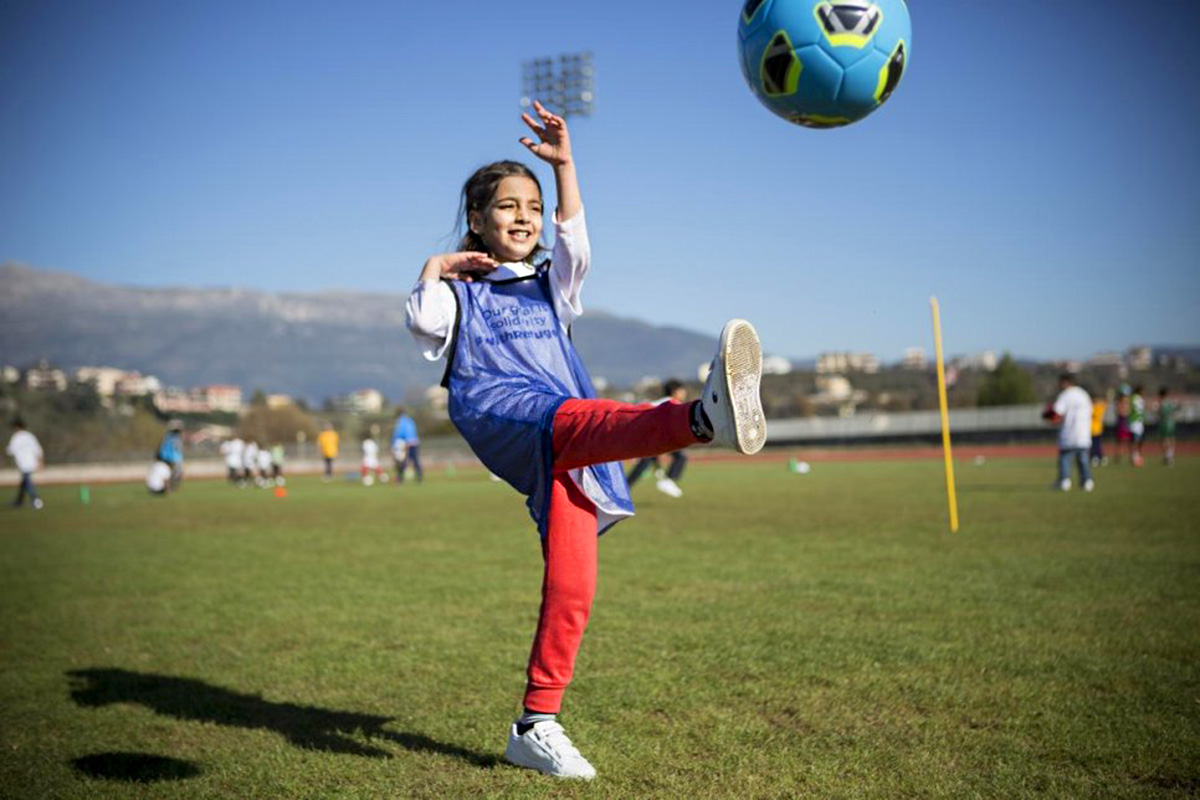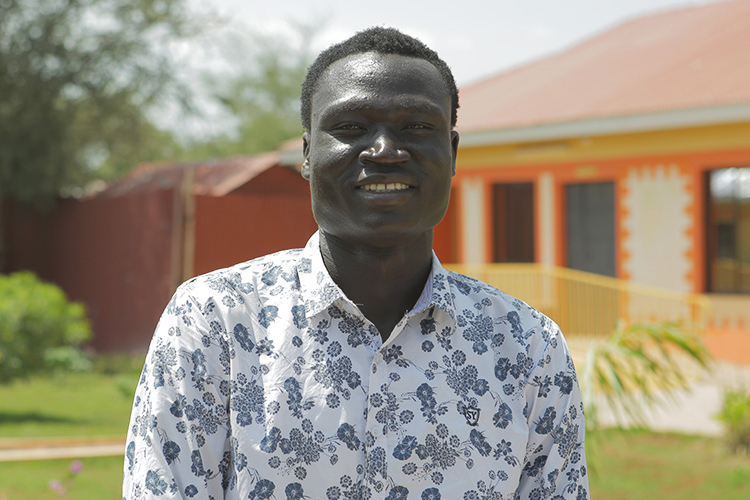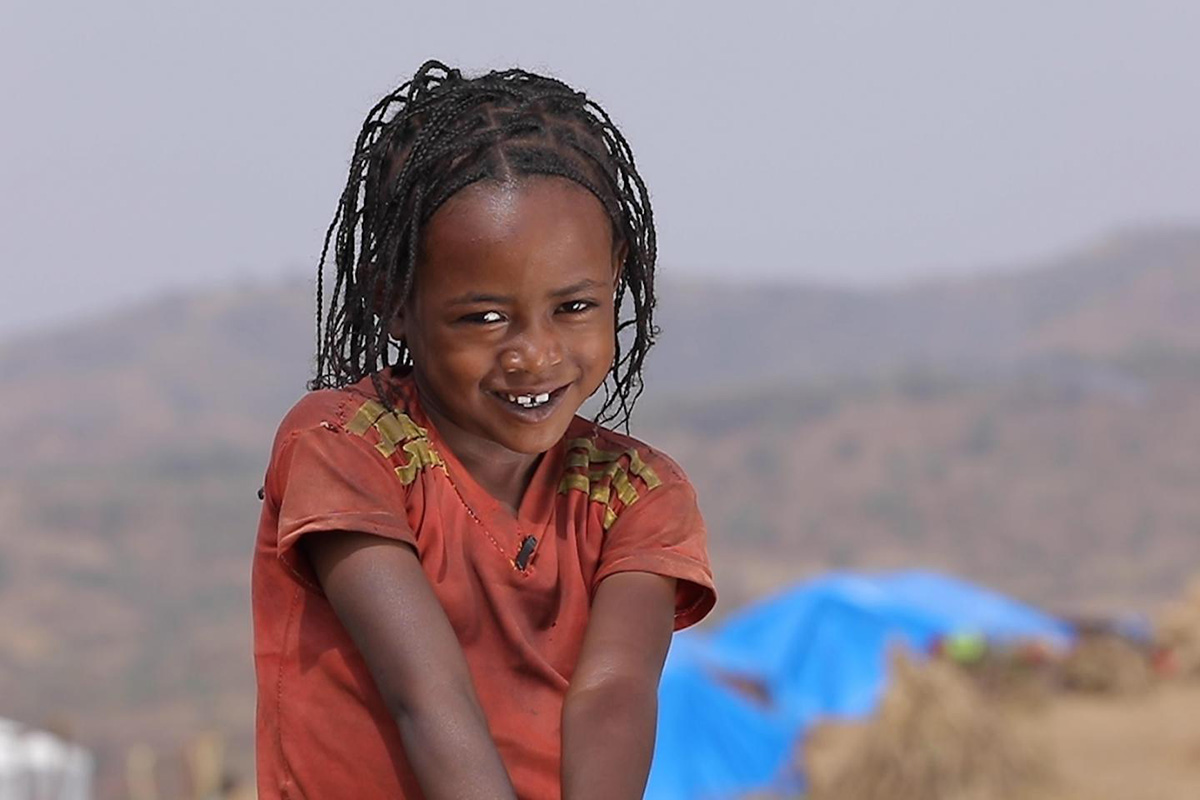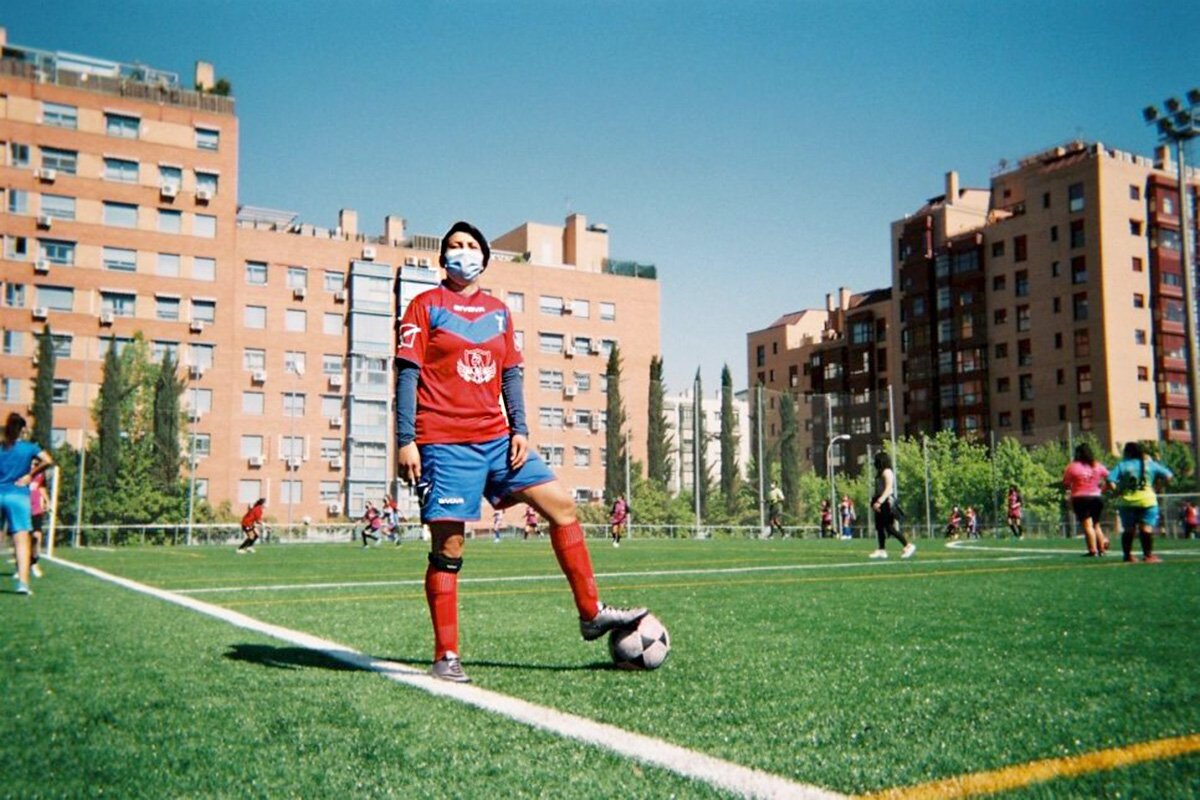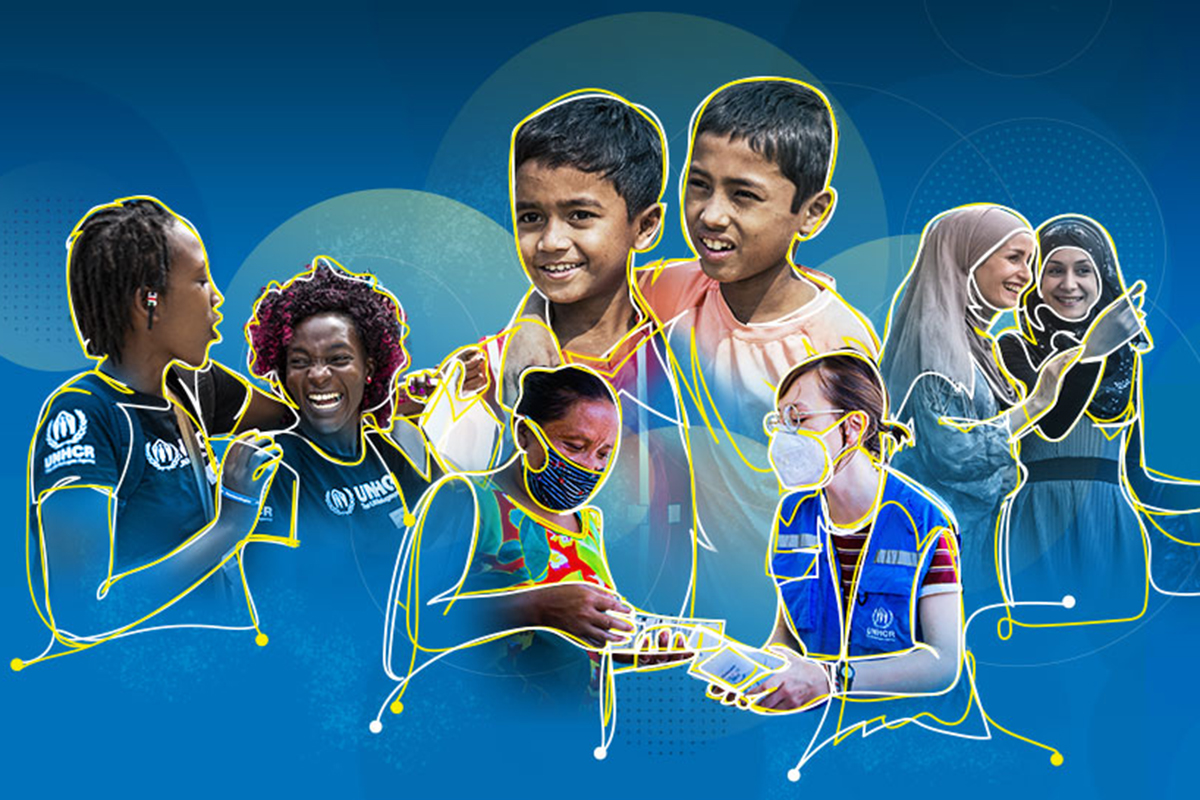In Kabul, nearly 50,000 Afghans displaced from other parts of the country by recent fighting are desperate to receive aid before winter sets in. With winter fast approaching, temperatures in the capital are already reaching close to 0°C at night and may dip to as low as –25°C in mid-winter, putting those sleeping outside at risk of hypothermia. Afghanistan is facing a worsening humanitarian emergency with the economy near collapse and about half the population now reliant on aid. There are more than 3.5 million people displaced by conflict inside the country.
Displaced Persons and Refugees
UN-Habitat renews its commitment to furthering the implementation of the SDGs by offering governments practical expertise in urban internal displacement contexts and in durable solutions.
A recent IOM report calls to urgently improve support for tens of thousands of missing migrant families who are often forced to rely on smugglers and informal networks in tracing loved ones.
Refugee Para athletes relish the chance to compete at global level! Six refugee athletes lead the parade at the Tokyo Paralympics Opening Ceremony, sending a powerful message to the 12 million forcibly displaced people living with disabilities. The UN refugee agency, works to protect and assist those fleeing war and persecution. Since 1950, we have helped tens of millions of people find safety and rebuild their lives.
When people go missing on migration journeys, their disappearance has reverberating effects on their families and communities left behind. IOM aims to learn how people with missing migrant relatives cope with the absence of their loved ones while actively seeking answers, and how they could be better supported in their efforts by governments and other actors.
The UN Refugee Agency released a non-return advisory for Afghanistan, calling for a bar on forced returns of Afghan nationals, including asylum seekers who have had their claims rejected. In the wake of the rapid deterioration in the security and human rights situation in large parts of the country and the humanitarian emergency, UNHCR calls on States to halt forcible returns of Afghan nationals who have previously been determined not to need international protection. UNHCR remains concerned about the risk of human rights violations against civilians in this evolving context.
Ethiopian men make up 72 per cent of movements of migrants heading to Djibouti, but IOM is observing a higher number of unaccompanied migrant children taking this dangerous journey.
From battling depression and homelessness to helping carry the Olympic flag into the Tokyo stadium for the Opening Ceremony, UNHCR presents weightlifter and refugee athlete Cyrille Tchatchet.
Years into civil war, millions of Yemenis are in desperate need of food, shelter and healthcare. Already the poorest country in the Middle East and North Africa, persistent conflict since 2015 has kept Yemen in a relentless state of crisis. The COVID-19 pandemic has further torn at the seams of thread-bare medical and social protection systems, intensifying the need for urgent action. Amidst this expanse of uncertainty, the stories of the Yemeni people are full of rebuilding, hope and resilience. Read the story of Hassan's family and others, who have been helped by the World Bank and its partners.
Akaka is the Project Coordinator for Media Movers, which is an arm of narrative change charity On Road Media. The charity brings together young people with migrant backgrounds to work with media and pop culture professionals in the United Kingdom. By emphasising shared values, they aim to influence and inspire better coverage on migration. On Road Media also recently contributed to the toolbox - a seven-step guide to rethink and change narratives on migration - developed by UN Human Rights and partners and launched last year as part of the #StandUp4Migrants campaign.
UEFA, European football’s governing body, and UNHCR teamed up to recognise six European national football associations for using the game’s unifying power to help refugees rebuild their lives. Each successful association - Armenia, Bulgaria, Croatia, Finland, Northern Ireland, and Wales - will receive €50,000 to support social responsibility projects that are helping refugees reintegrate into society. Since its launch in 2017, the UEFA’s Football and Refugees Grant Scheme encourages national associations to support the inclusion and integration of refugees through football.
Nhial Deng has been a refugee for nearly half of his life. Fleeing his village in Ethiopia after an armed militia attack when he was 11 years old, he walked hundreds of kilometres for days, alone and without family, to reach Kenya. At Kakuma Refugee Camp, which is home to around 160,000 people, he found a foster family that restored his sense of belonging. “I had friends, I felt like I was part of something, I felt like I belong here,” he explains. Today, Nhial heads an organisation that provides mentorship and empowerment activities for young people at Kakuma.
Eight-year-old Gabezech is one of the many children displaced since chronic border disputes erupted in violence around the Konso zone in southwestern Ethiopia, in late 2020. Tens of thousands of children have been uprooted from their homes, many separated from their families, leaving them at greater risk of disease, struggling to find shelter, and more vulnerable to violence. But conditions at these sites are often dire. The camps are overcrowded and unsanitary. UNICEF is supplying families with water treatment tablets to prevent diarrhoea.
With disposable cameras, participants capture the unfiltered realities of their football lives and communities, as UNHCR’s Goal Click Refugees campaign reveals the power of sport.
World Refugee Day 2021 focuses on the power of inclusion. The shared experience of COVID-19 has showed us that we only succeed if we stand together. We have all had to do our part to keep each other safe and despite the challenges, refugees and displaced people have stepped up. Given the chance, refugees will continue to contribute to a stronger, safer, and more vibrant world. Therefore, the UN Refugee Agency's World Refugee Day campaign calls for the greater inclusion of refugees in health systems, schools, and sport. Only by working together can we recover from the pandemic.

